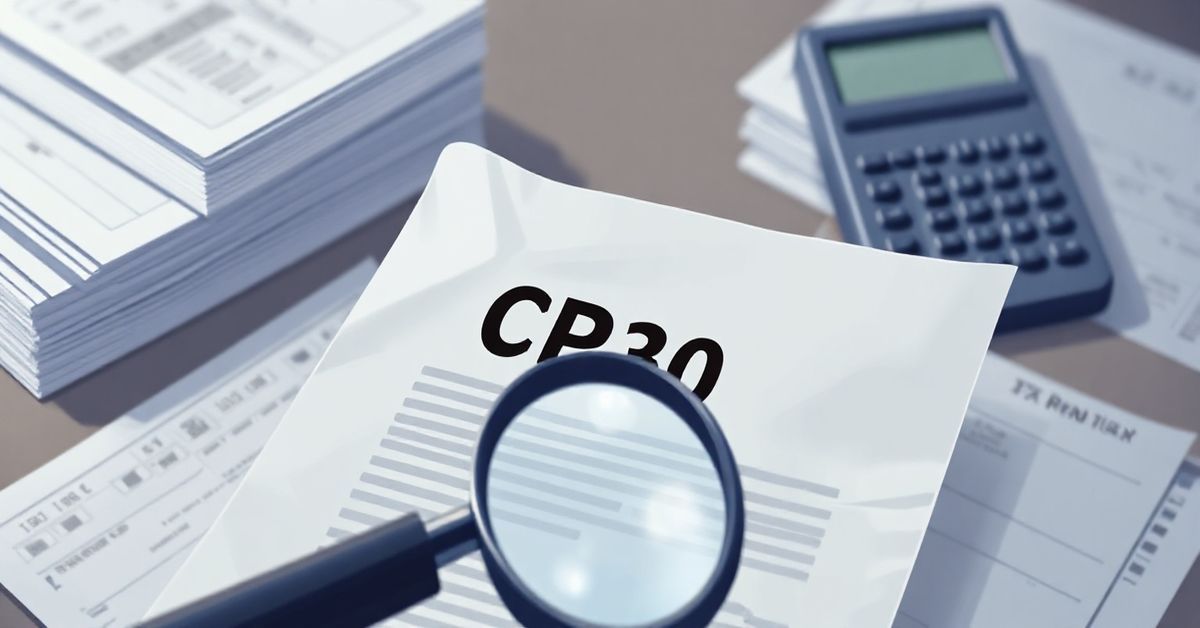CP30 Notice: Penalty for Underpayment of Estimated Tax
What is a CP30 Notice: Penalty for Underpayment of Estimated Tax?
A CP30 notice is an official communication from the IRS that informs taxpayers they did not pay enough estimated taxes throughout the year and, as a result, they owe a penalty. This notice usually arrives after a tax return has been filed showing a discrepancy between the estimated taxes paid and the total taxes owed for the year.

